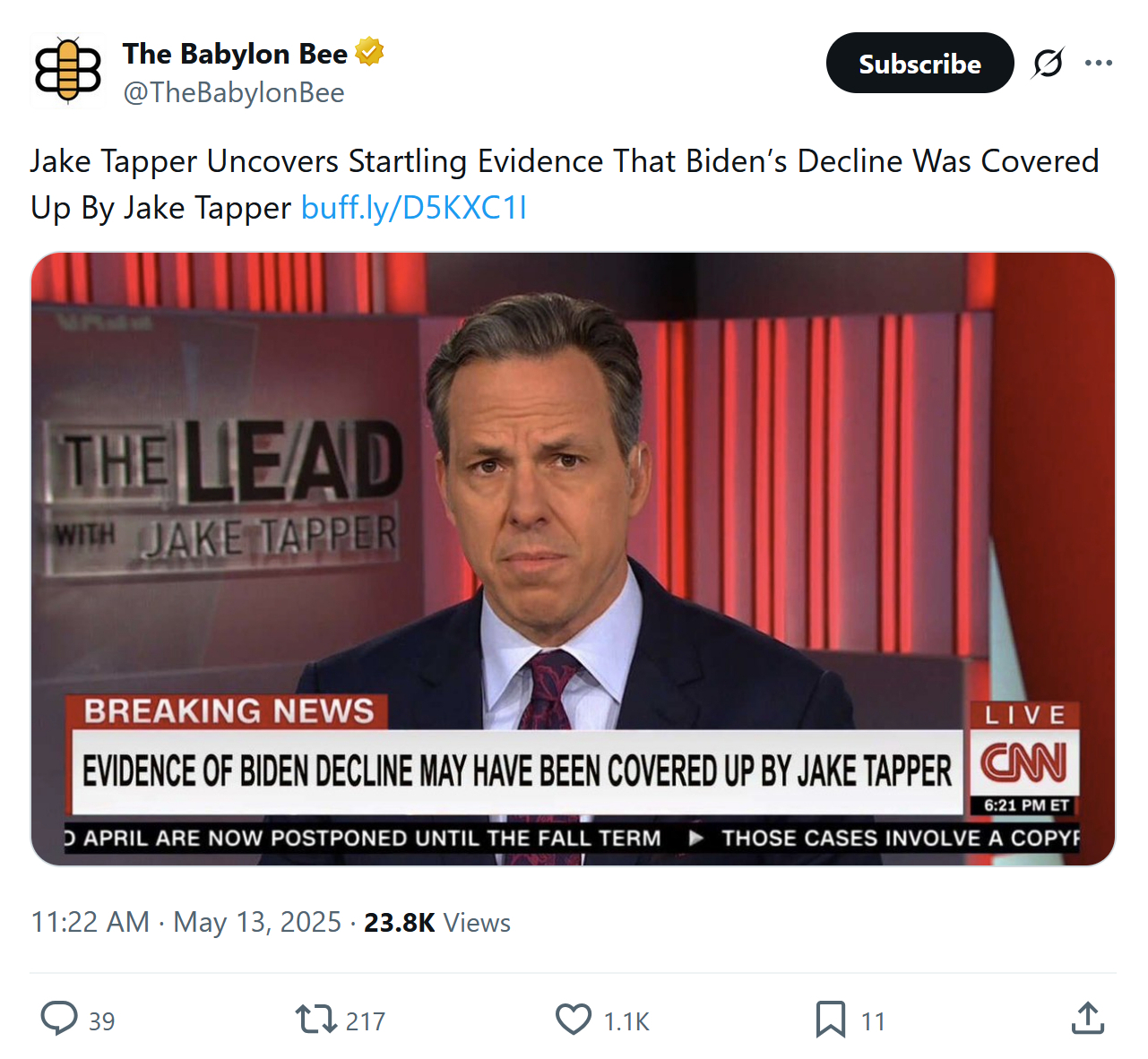MARK JUDGE: The Totalitarian Impulse Buckley Knew.
For the purposes of this first part of the review, however, I’d like to focus on the things Buckley got right. Namely, communism and the totalitarian nature of the American left. The most important paragraph in Buckley appears in a section that takes place in the early 1960s. Buckley was debating Arthur Schlesinger Jr., an advisor to President Kennedy. Schlesinger thought that whenever dictatorships arose in the modern era it was “because democratic government is too weak, not because it is too strong.” The best way to prevent totalitarianism was for the government to create economic prosperity and social equality, providing “a minimum national standard to save individuals from intolerable handicaps.” [Sam] Tanenhaus explains Buckley’s reaction:
This might sound good, Buckley countered, but in reality, Schlesinger and others were concealing their true intentions, their “intellectual desire to redirect society. Even if every citizen had a million dollars, John Kenneth Galbraith would still find a need for government action….There are in motion today forces that want to drain our power into a reservoir. I hope someday Mr. Schlesinger will turn in horror on the system he has abetted.”
Here Buckley gets to the heart of the matter. The left wants revolution and totalitarian control. Period. If every house had a full refrigerator and every American had a job, they would still be calling for revolution. To think otherwise is naïve.
Buckley founded National Review in 1955. Tanenhaus reveals his bravery in those early years in his fight against totalitarianism. Buckley sent a reporter to Cuba to honestly report on Castro, and he openly called liberals who appealed to the Soviet Union cowards. He once proposed that Taiwan could “liberate the United States” because Taiwan’s fight against communism was much braver than any resistance to the same ideology taking place in the United States.
Yet, over time, National Review began to resemble the liberals Buckley once condemned. “National Review thinks we can make peace with the liberals in debates over principles and policies,” the conservative scholar James Piereson told me last year in an interview about the magazine. “But we can’t go too far lest they call us radicals. The other side thinks we are in a wartime situation: the left wants to destroy us. That is a large difference.”
Piereson said that the conservative divide is like a scene from The Godfather. In that film, after a rival faction tries to assassinate the head of the family, someone offers the possibility of a peace deal. “The two brothers reply that you can’t make peace with people who are trying to kill you,” Piereson said. Another conservative publisher put it to me in starker terms: “National Review thinks its job is to police the right. We think that our job is to defeat the left.”
Piereson offered examples.
Read the whole thing.



